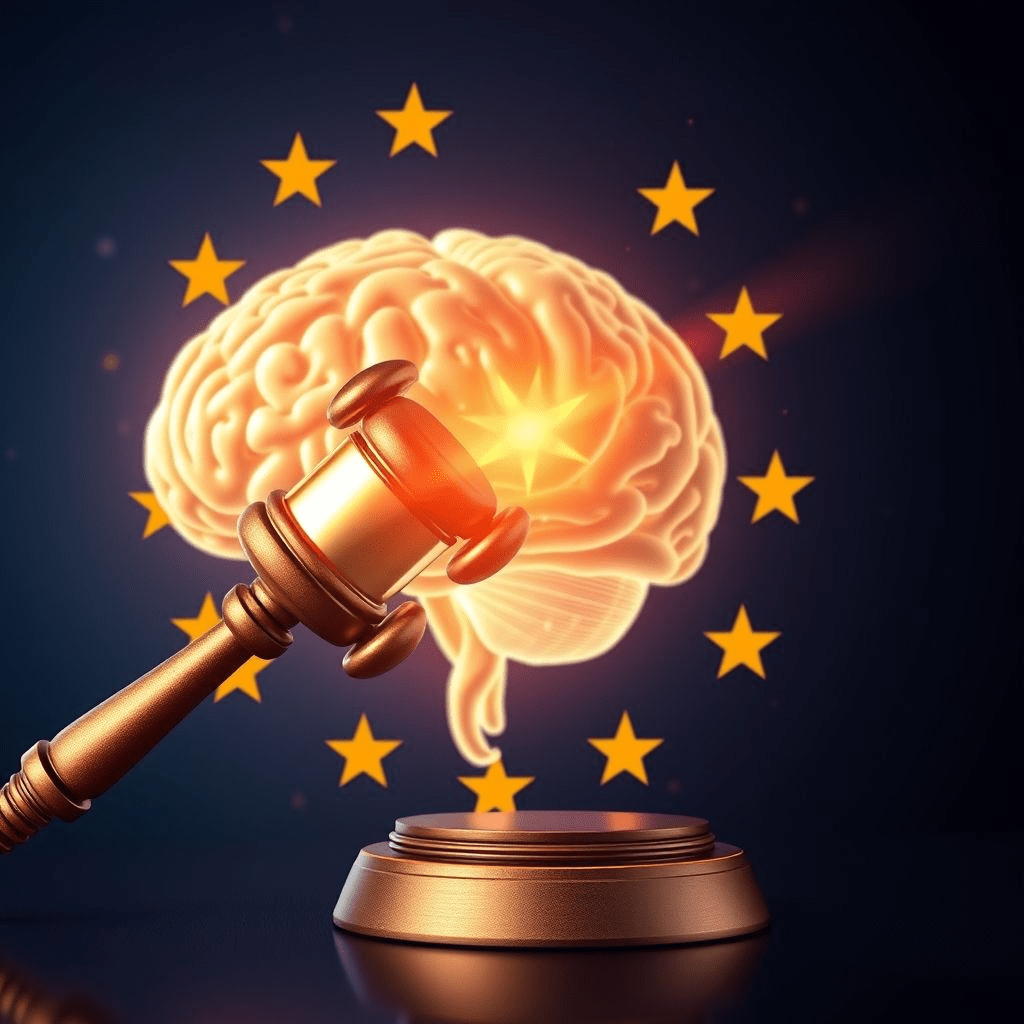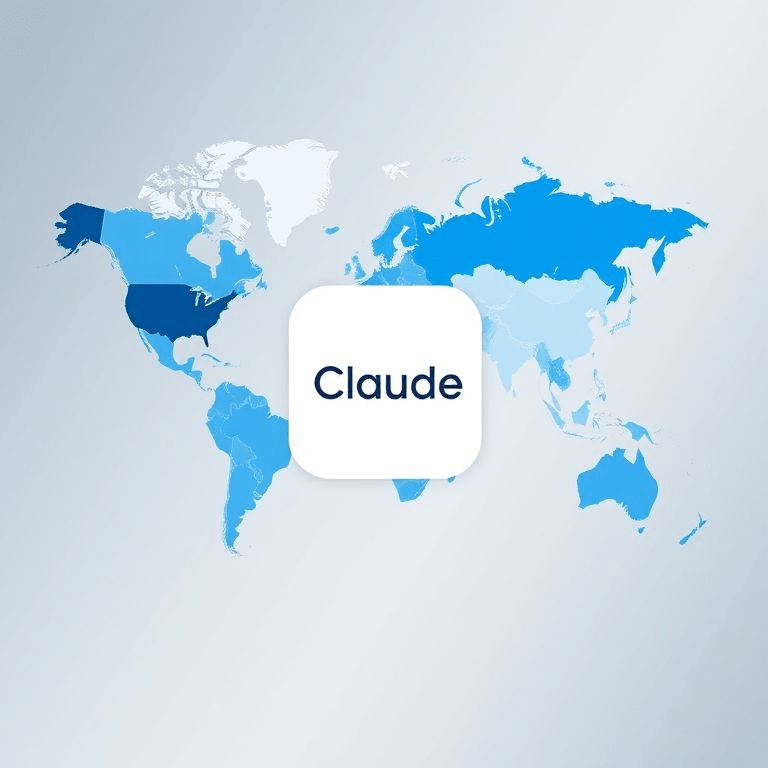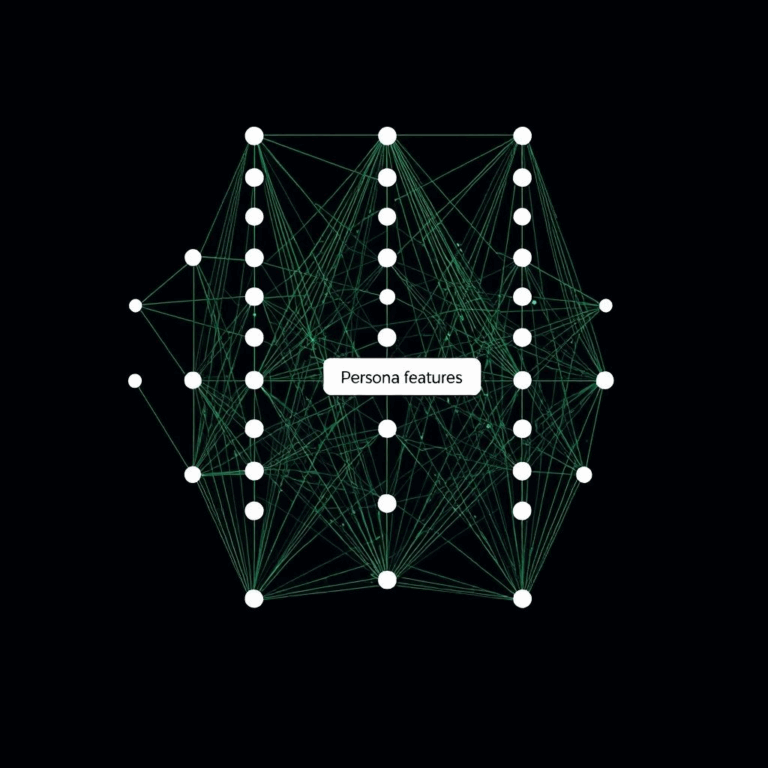EU’s General-Purpose AI Obligations Come into Effect
On 2 August 2025, the European Union officially began enforcing its General-Purpose AI (GPAI) obligations, a key part of the AI Act, the world’s most ambitious framework for artificial intelligence regulation.
This marks a pivotal shift in how AI is governed, demanding greater transparency, accountability, and safety from providers of general-purpose models like OpenAI, Google DeepMind, Anthropic, and others.
What Are General-Purpose AI Obligations?
Under the AI Act, AI systems are categorized by risk—ranging from unacceptable to high-risk and general-purpose.
GPAI refers to models that can perform multiple tasks, like chatbots, image generators, and multimodal systems. The new obligations include:
- Transparency requirements: Providers must disclose information about training data sources.
- Technical documentation: Developers must provide summaries of how models were trained, tested, and safeguarded.
- Copyright clarity: Clear rules on data usage and attribution.
- Risk management: Ongoing assessments of misuse potential and bias.
Timeline of Implementation
- 1 August 2024: AI Act officially came into force.
- July 2025: EU AI Office published codes of practice and compliance templates.
- 2 August 2025: GPAI obligations take effect.
- August 2026: Active enforcement and penalties begin.
- August 2027: Legacy GPAI models must comply.
This phased rollout allows companies time to adapt, while sending a strong message: the era of unregulated AI in Europe is over.
Industry Reaction
Tech Giants
Companies like OpenAI and Google have acknowledged the rules and begun aligning their documentation. Some executives see it as an opportunity to build trust through transparency, while others worry about the operational burden of compliance.
Startups
Smaller AI firms have expressed concern that the obligations may disproportionately impact them, as compliance requires significant legal and technical resources. However, EU officials have promised support tools, including simplified templates for SMEs.
Analysts
Policy experts argue that the EU’s GPAI framework could become a de facto global standard, similar to GDPR’s influence on data privacy.
Opportunities and Challenges
Opportunities:
- Building user trust through transparency.
- Creating a competitive edge for companies that comply early.
- Setting a global benchmark for responsible AI.
Challenges:
- Increased compliance costs for providers.
- Slower innovation due to bureaucratic overhead.
- Potential fragmentation if other regions adopt conflicting AI laws.
Why It Matters Globally
The EU has a track record of exporting regulation. Just as GDPR reshaped global privacy practices, the AI Act could reshape AI governance worldwide.
U.S. and Asian companies deploying AI in Europe will need to comply, and many may adopt EU standards globally to avoid maintaining separate compliance frameworks.
Looking Ahead
In the coming years, expect:
- Audits by the EU AI Office starting in 2026.
- Fines for non-compliance similar in scale to GDPR penalties.
- Growing collaboration between regulators, developers, and civil society to refine standards.
Final Thoughts
The enforcement of General-Purpose AI obligations represents a turning point. By demanding transparency and accountability, the EU is setting the stage for a safer, more ethical AI ecosystem.
For developers, it is both a challenge and an opportunity. For users, it promises a future where AI is not just powerful, but also trustworthy and transparent.







